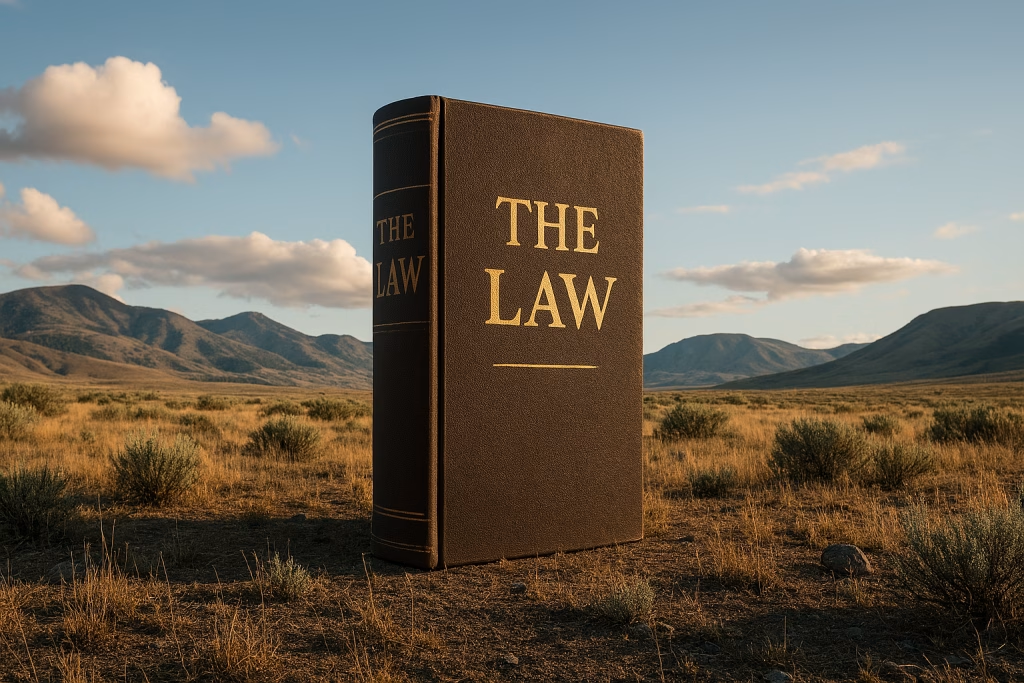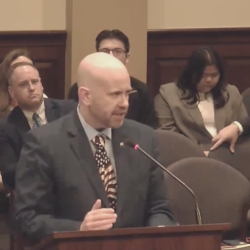248 years ago, representatives of the British colonies in North America declared their independence from Great Britain and her king. This was a radical and monumental moment for the nascent American people, marking a declaration of self-governance. However, to King George III, it was nothing less than treason and rebellion.
History is written by the victors. Had the American Revolution failed, and Washington, Jefferson, and Adams been hanged as traitors, the event would likely be relegated to a few pages in our history textbooks.
Just a few decades prior to our own war for independence, Charles Stuart and the Jacobites rebelled against King George II, hoping to establish a free (and Catholic) Scotland. Despite early victories, including taking Edinburgh, the prince and his Highlanders were annihilated at Culloden Moor in 1746. Charles himself escaped Scotland disguised as a maid.
In the wake of the failed rebellion, the British government made a concerted effort to stamp out Scottish culture. Wearing the tartan was outlawed, and the system of clan patronage was abolished, leading to the emigration of many Scots who could not afford to pay rent to their lords. In later centuries, a harmless romanticism developed around Bonnie Prince Charlie and the rebellion, similar to the Lost Cause myth of the American South.
Consider everything that had to go right for the American Revolution to succeed. First, it needed the right people in place. George Washington was the perfect leader for a revolutionary army — able to inspire men in dire circumstances, willing to retreat when necessary, and humble enough to avoid seizing absolute power. Thomas Jefferson gave the Declaration of Independence a philosophical and logical coherence that remains inspiring to this day. Samuel Adams and Patrick Henry provided the motivating fire, while Thomas Paine roused common men to risk their lives.
Had Washington and his army been captured at Long Island in 1776, the war would have ended. Had Henry Knox not been inspired to drag the cannons from Fort Ticonderoga to Boston, the revolution might never have gotten off the ground. Had Horatio Gates not defeated the British at Saratoga, France might have stayed out of the war, depriving America of the international support needed to win.
The lesson of independence is that political organizations are not eternal. In the years leading up to the Declaration of Independence, many American colonists believed reconciliation with Great Britain was the proper course of action. The idea of creating an independent nation seemed crazy. Nevertheless, most Americans eventually realized that the divisions between the colonies and their mother country had grown too great, and separation was the proper course. Most Loyalists eventually moved to Canada.
When Jefferson Davis, Robert E. Lee, and other Confederates seceded from the Union and took up arms against their government, they saw themselves as walking in the footsteps of Washington and Jefferson. However, since they lost their war for independence, history books today call them traitors, not patriots.
It’s hard to imagine the United States of America ever coming apart, but history suggests it will eventually happen. Nothing on this earth lasts forever. The British government had to accept that its American colonists had become a distinct and unique people. Eventually, the partnership between Great Britain and the United States became the strongest alliance in the modern world.
In 1941, with Britain already embroiled in the Second World War and America soon to follow, Prime Minister Winston Churchill met with President Franklin Roosevelt on HMS Prince of Wales off the coast of Newfoundland for a secret meeting. Churchill later remembered:
When I looked upon that densely packed congregation of fighting men of the same language, of the same faith, of the same fundamental laws and the same ideals, and now to a large extent of the same interests, and certainly in different degrees facing the same dangers, it swept across me that here was the only hope, but also the sure hope, of saving the world from measureless degradation.
Independence from Great Britain did not mean a rejection of the traditional beliefs and philosophies of the English people. In fact, the American patriots embodied the best of English tradition, going back to Magna Carta in 1215. It might fall to us, or perhaps to our children or grandchildren’s generation, to make the same choice our founders did nearly a quarter millennium ago: to separate from the mother country to better uphold the values that built that country in the first place.
As you celebrate our Independence Day, remember what it meant to our Founding Fathers, and consider what it means for us today, and for those who will follow in our footsteps.
Gem State Chronicle is a reader-supported publication. To receive new posts and support my work, consider becoming a free or paid subscriber.
About Brian Almon
Brian Almon is the Editor of the Gem State Chronicle. He also serves as Chairman of the District 14 Republican Party and is a trustee of the Eagle Public Library Board. He lives with his wife and five children in Eagle.













